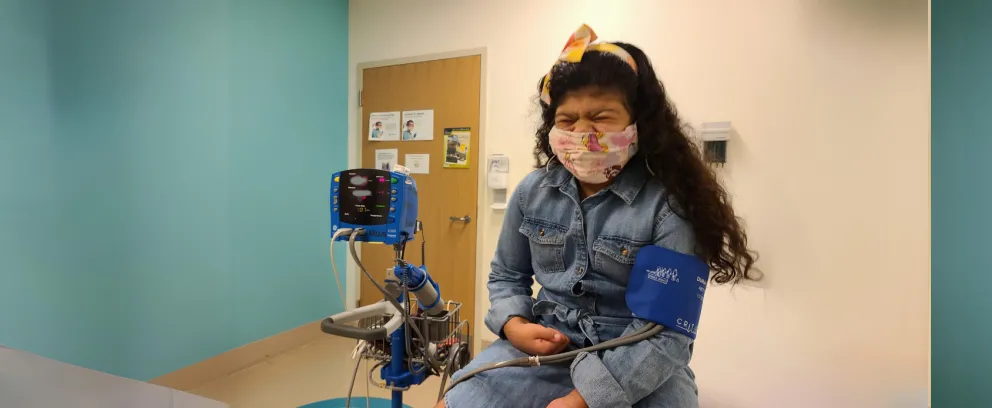Early detection and better medical care are increasing survival rates and improving life for people with WS.
Cutting-edge research is leading to new insights about the workings of the brain in language and spatial processing, and may also contribute to greater understanding of common problems like hypertension and anxiety.
Early intervention, the right medical care and continuing social and enrichment activities make an immeasurable difference in the quality of life for people with WS. Because Williams syndrome is genetic, it’s possible that findings from research will pinpoint genes affecting certain medical conditions (cardiovascular disease, diabetes); developmental challenges (visual-spatial problems, ADHD); and even personality traits (affinity for music, anxiety).
Williams syndrome affects the cardiovascular system, musculoskeletal function and aspects of personality and development; therefore, scientists believe findings from research in WS may offer insights into overlapping conditions in the general population, including:
- Hypertension, which affects 74.5 million Americans age 20 or older.
- Cardiovascular Disease, which affects 81.1 million Americans.
- Social anxiety disorder, which affects about 15 million Americans.
WSA’s Comprehensive Research
Our goals are to fund high-impact research in a spectrum of disciplines to address the health and education priorities of the entire community; invest in early career researchers; engage current researchers to cultivate the research pipeline; and ensure continuity and growth of research expertise in WS
Collaborative Registry for Williams Syndrome (CReWS)
Our registry fosters research, collects reliable complementary data from clinicians and families, establishes best practices of care, and connects those who conduct research w/individuals who are interested in participating in research.
If your family has been positively impacted by research funded by the WSA, please click here to donate to ensure we can continue funding additional studies.


